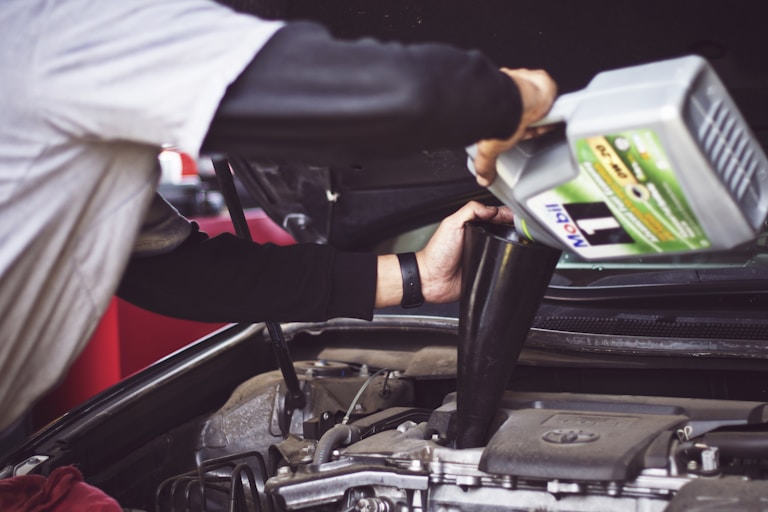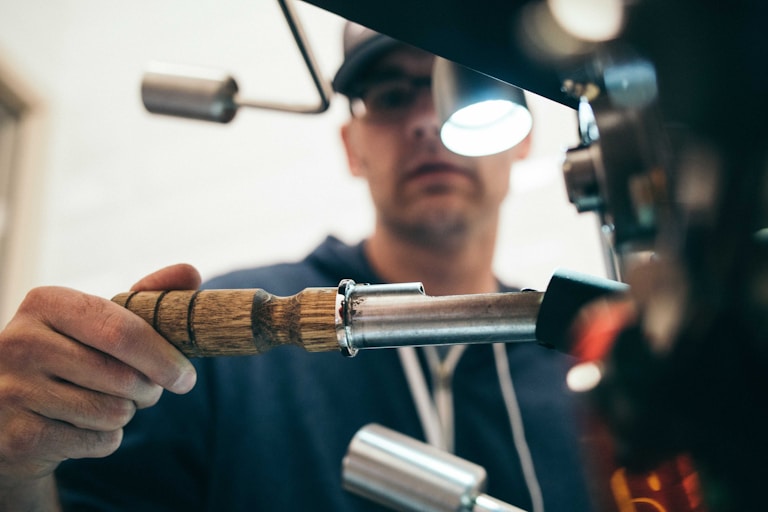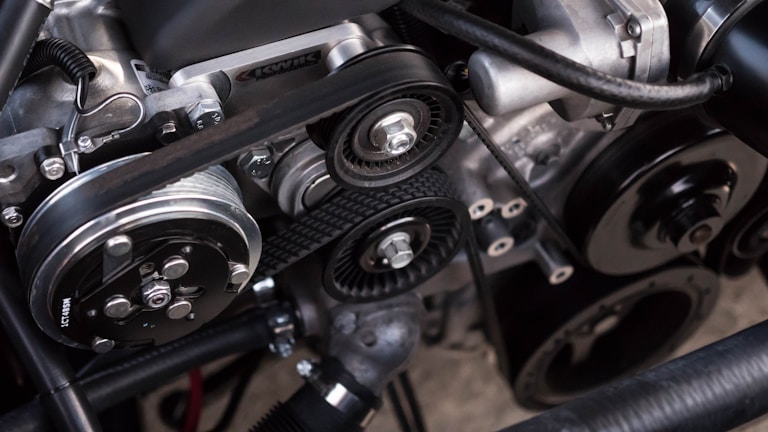
Washington’s Motor Vehicle Warranty Act: Comprehensive Lemon Law Protection
Washington State provides robust consumer protection through the Motor Vehicle Warranty Act, commonly known as Washington’s lemon law. This comprehensive legislation protects consumers who purchase or lease new vehicles that suffer from substantial defects that cannot be repaired after reasonable attempts. Washington’s law is designed to ensure consumers receive the reliable vehicles they paid for and aren’t stuck with expensive defects they didn’t cause.
Washington’s approach to lemon law emphasizes consumer protection and fair resolution of vehicle defect disputes. The law recognizes that modern vehicles are complex machines where defects can significantly impact safety, reliability, and value, providing consumers with strong legal remedies when manufacturers fail to deliver properly functioning vehicles.
Coverage Under Washington’s Lemon Law
Washington’s Motor Vehicle Warranty Act provides broad protection for consumers:
New Vehicle Coverage: The law covers new motor vehicles purchased or leased in Washington from authorized dealers, including passenger cars, trucks, motorcycles, motor homes, and other vehicles primarily used for personal, family, or household purposes.
Warranty Period Protection: The law applies to defects that are covered by manufacturer warranty and are reported during the warranty period or within one year of delivery to the consumer, whichever occurs first.
Substantial Impairment Standard: Washington uses a consumer-friendly standard, covering defects that substantially impair the vehicle’s use, value, or safety. This broad interpretation helps protect consumers from various types of problems that significantly affect their vehicles.
Express and Implied Warranty Coverage: The law covers both express warranties provided by manufacturers and implied warranties that automatically apply under Washington law, ensuring comprehensive protection.
Leased Vehicle Protection: Both purchased and leased vehicles receive equal protection under Washington’s lemon law, ensuring lessees have the same rights as buyers when dealing with defective vehicles.
Washington’s Repair Attempt Requirements
Understanding repair attempt standards is essential for Washington lemon law claims:
Multiple Repair Attempts: Generally, you must provide at least four repair attempts for the same substantial defect during the warranty period to establish grounds for lemon law relief.
Safety-Related Defects: For problems that could cause death or serious bodily injury, fewer repair attempts may be sufficient before qualifying for lemon law remedies.
Out-of-Service Time: If your vehicle has been out of service for warranty repairs for 30 or more business days (not necessarily consecutive), it may qualify for lemon law relief regardless of the number of specific repair attempts.
Final Repair Opportunity: After meeting the basic requirements, you must provide written notice to the manufacturer and allow one final repair attempt before pursuing legal remedies.
Reasonable Time Standard: All repair attempts must occur within reasonable timeframes, and manufacturers cannot use excessive delays to avoid their lemon law obligations.
Remedies Available Under Washington Law
Washington’s lemon law provides comprehensive remedies for consumers with qualifying vehicles:
Replacement Vehicle: The manufacturer must provide a comparable new vehicle of the same make and model. If an identical vehicle isn’t available, you may select a reasonably equivalent vehicle. Price differences are handled fairly, with consumers paying for upgrades or receiving refunds for downgrades.
Complete Refund: Instead of replacement, you may choose a full refund including the purchase price, finance charges, sales tax, license fees, registration costs, and other official fees. The manufacturer may deduct a reasonable allowance for your use before the first repair attempt.
Incidental and Consequential Damages: Washington law provides for reimbursement of reasonable costs caused by the defective vehicle, including rental car expenses, towing costs, lodging, meals, telephone charges, and other documented expenses related to the defect.
Attorney’s Fees: Successful consumers may recover reasonable attorney’s fees and costs from manufacturers, making it financially feasible to pursue legitimate lemon law claims without personal financial risk.
Washington’s Consumer-Friendly Approach
Washington’s lemon law includes several features that favor consumer protection:
Broad Defect Interpretation: Washington courts interpret “substantial impairment” broadly, potentially covering defects affecting comfort, convenience, or resale value, not just basic operability or safety.
Manufacturer Burden: Once consumers meet basic requirements, manufacturers bear the burden of proving vehicles don’t qualify as lemons or that adequate repair opportunities weren’t provided.
Arbitration Rights: While manufacturers may require arbitration, Washington law ensures that unfavorable arbitration decisions don’t prevent consumers from pursuing court remedies if they choose.
Anti-Retaliation Protection: Manufacturers cannot retaliate against consumers who assert lemon law rights, file complaints, or pursue legal remedies.
Consumer Protection Act Integration: Washington’s Consumer Protection Act may provide additional remedies for unfair warranty practices, complementing lemon law protections.
Types of Defects Covered by Washington Law
Washington’s lemon law covers a wide range of vehicle defects that can substantially impair use, value, or safety:
Mechanical and Powertrain Defects: Problems with engines, transmissions, brakes, steering systems, or other major mechanical components that affect vehicle performance, safety, or reliability.
Electrical and Electronic Issues: Defects in computerized systems, electronic modules, wiring harnesses, or control systems that cause multiple problems or prevent proper vehicle operation.
Safety System Failures: Problems with airbags, seatbelts, anti-lock brakes, stability control systems, or other safety equipment that could increase accident risk or reduce occupant protection.
Climate Control Problems: Given Washington’s varied climate, defects in heating, air conditioning, or ventilation systems that significantly impact vehicle comfort and usability.
Body and Structural Issues: Problems with vehicle frames, body panels, doors, windows, seals, or other structural components that affect integrity, security, or weather protection.
Documentation Requirements for Success
Effective Washington lemon law claims require comprehensive documentation:
Detailed Problem Records: Document when problems occur, how they affect vehicle operation, any safety concerns, and the impact on vehicle use or value.
Complete Repair History: Maintain records of every repair attempt, including dates, work performed, parts replaced, diagnostic findings, and time spent in service.
Communication Documentation: Keep copies of all written communications, emails, and detailed notes from conversations with dealers, manufacturers, or their representatives.
Financial Impact Records: Save receipts and documentation for all costs incurred due to the defective vehicle, including alternative transportation, rentals, towing, and related expenses.
Photographic Evidence: When possible, take photographs of visible defects, damaged components, or safety hazards to support your claim.
Professional Legal Representation Benefits
Washington lemon law cases involve complex legal and technical issues that benefit from experienced representation:
Understanding Washington Law: Qualified attorneys know Washington’s specific lemon law requirements, Consumer Protection Act provisions, and how these laws interact with federal regulations.
Manufacturer Strategy Knowledge: Experienced lawyers understand common manufacturer tactics for avoiding lemon law obligations and can develop effective counter-strategies.
Proper Case Development: Attorneys know what evidence is needed to prove lemon law claims and can ensure cases are properly documented and presented.
Negotiation and Litigation Skills: While most cases resolve through negotiation, experienced attorneys can effectively advocate for fair settlements while being prepared for litigation when necessary.
Protecting Your Washington Lemon Law Rights
If you believe your vehicle may qualify for Washington lemon law protection:
Act Quickly: Document problems from their first occurrence and pursue repairs promptly. Early action protects your rights and strengthens your potential claim.
Use Authorized Service: Always take your vehicle to manufacturer-authorized dealers for warranty repairs and follow all manufacturer procedures to avoid claim denial grounds.
Maintain Thorough Records: Document everything from the beginning, as contemporaneous records are more credible than those created after problems develop.
Don’t Accept Indefinite Delays: If problems persist after reasonable repair attempts, don’t allow manufacturers to delay resolution indefinitely through excuses or additional repair attempts.
Seek Qualified Legal Advice: Consult with experienced lemon law attorneys if problems continue despite multiple repair attempts. Washington’s law has specific requirements and time limits that must be met.
Understanding Your Rights and Options
Washington consumers should understand their comprehensive rights under the lemon law:
Multiple Legal Theories: Your situation may support claims under the Motor Vehicle Warranty Act, Consumer Protection Act, warranty laws, or combinations of these approaches.
Flexible Remedies: Washington law provides various remedy options, allowing you to choose solutions that best fit your specific circumstances and needs.
Protection Against Retaliation: You can assert your rights without fear of manufacturer retaliation or negative consequences for filing legitimate claims.
Professional Support: The availability of attorney fee recovery makes it possible to obtain quality legal representation without upfront costs when you have valid claims.
Get Help with Your Washington Lemon Law Case
If you’re dealing with a defective vehicle in Washington State, don’t let manufacturers avoid their responsibilities. Washington’s Motor Vehicle Warranty Act provides strong consumer protections, but navigating the legal process requires understanding of specific requirements and procedures. AskLitigation connects you with experienced Washington lemon law attorneys who can evaluate your case, ensure proper documentation and procedures, and help you obtain the relief you deserve under Washington law. Contact us today for assistance with your potential lemon law claim.
Types of Lemon Law We Handle in Washington:
Start Your FREE Consultation
Complete the form for a Free Consultation. No upfront fees, swift action, and we’re only paid when we succeed for you.
Ask Us If You Qualify
We’re here to help you take on your fight—whether it’s a car accident, a dangerous drug, or a workplace injury gone wrong. One call starts it all, and we’re with you every step, no upfront cost required.
- Free Case Review
- No Fees Until Victory
- Millions Recovered
- Personal Strategy
- California Coverage
- Relentless Case Pursuit


